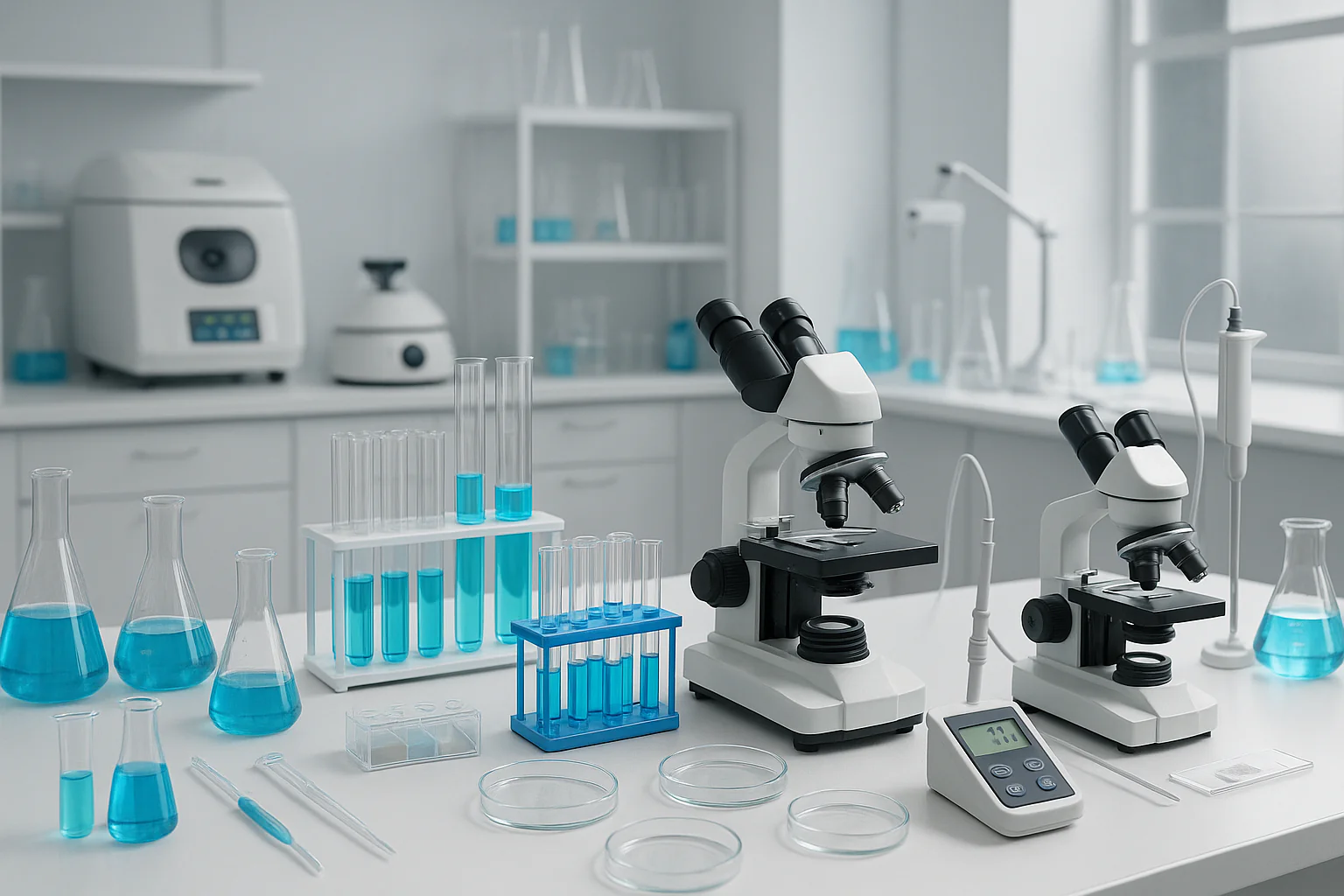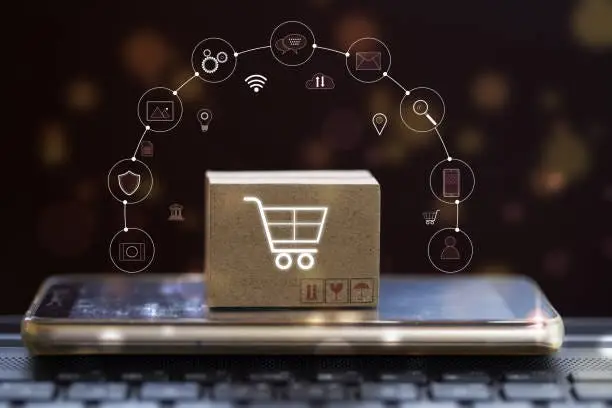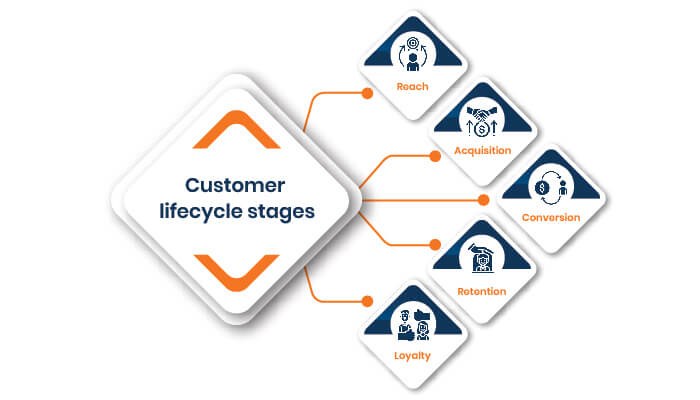Lab Equipment Dealers Guide to Reliable Suppliers and Quality Tools
Lab equipment dealers play a critical role in connecting laboratories with the tools and supplies necessary for scientific research, education, and quality control. These dealers offer a wide range of products, including new, used, and refurbished equipment, consumables, and safety gear. Their ability to provide reliable, specialized, and compliant lab instruments ensures that labs can operate efficiently and maintain accuracy in their work.
Many lab equipment dealers also provide additional services such as maintenance support, personalized consultation, and flexible purchasing options. This makes it easier for laboratories to find tailored solutions that meet their specific needs without compromising on quality or compliance.
Whether sourcing from local distributors or global marketplaces, labs rely on these dealers to offer trusted products and expert advice. The combination of product variety, customer service, and technical knowledge is what defines a reputable lab equipment dealer.
Overview of Lab Equipment Dealers
Lab equipment dealers play a crucial role in supplying laboratories with essential tools, instruments, and consumables. Their offerings vary widely depending on their specialization, the brands they represent, and the industries they serve. Distribution channels and support services also differ, influencing how equipment reaches end users.
Types of Lab Equipment Dealers
Lab equipment dealers typically fall into three categories: manufacturers, distributors, and independent dealers. Manufacturers produce equipment directly and may offer customization. Distributors purchase from manufacturers and supply multiple brands, often providing volume discounts. Independent dealers focus on specific products or regions, delivering personalized service and niche expertise.
Each type has advantages and limitations. Manufacturers ensure authenticity and customization but may have limited product ranges. Distributors provide variety and convenience. Independent dealers can offer dedicated support but might have smaller inventories.
Key Products and Brands Offered
Dealers supply a broad array of laboratory products such as analytical instruments, safety equipment, consumables, and glassware. Popular brands often found in their catalogs include Thermo Fisher, Labconco, Sartorius, PerkinElmer, and IKA.
Product categories include:
- Centrifuges and mixers
- Autoclaves and sterilizers
- Chromatography and spectrometry devices
- Laboratory furniture and storage
- Consumables like pipettes and gloves
Dealers may stock new and refurbished items, catering to different budget levels and specifications.
Industries Served
Lab equipment dealers serve diverse sectors including pharmaceutical, academic research, clinical diagnostics, environmental testing, and industrial quality control. Each sector demands specific product types and compliance with regulatory standards.
Pharmaceutical labs often require high-precision instrumentation. Universities prioritize flexibility and multiple-use devices. Industrial clients focus on durability and efficiency. Dealers tailor their offerings and support services to meet these varying demands.
Distribution Networks
Distribution involves direct sales, online platforms, and partnerships with regional resellers. Larger dealers maintain warehouses and logistics systems to ensure timely delivery. Some integrate after-sales services like installation, maintenance, and training.
Online catalogs and digital ordering have expanded access to specialized products. Dealers use supply chain management tools to keep inventories updated and reduce lead times, enhancing reliability for clients nationally or internationally.
Selecting the Right Lab Equipment Dealer
Choosing a suitable lab equipment dealer requires assessing several key factors. These include the dealer’s reliability, the quality of their service and support, and pricing structures paired with warranty options. Each element plays a crucial role in ensuring long-term operational success.
Criteria for Evaluating Dealers
The first step involves examining the dealer’s reputation and track record. Buyers should verify the dealer’s responsiveness to inquiries and the availability of product information. It is essential for the dealer to offer guidance tailored to the specific needs of the laboratory.
Additionally, the range of products offered and the dealer’s ability to supply high-quality, reliable equipment matter significantly. Buyers should consider whether the dealer has experience with similar laboratory requirements and if they can provide references or case studies.
Checking compliance with safety and industry standards is necessary. The dealer must ensure their products meet relevant certifications, contributing to dependable performance and legal compliance.
Service and Support Capabilities
Effective post-purchase support is a critical feature of a good lab equipment dealer. Installation services, ongoing maintenance, and quick access to repair solutions help minimize downtime and maintain calibration accuracy.
Dealers who provide training for lab personnel on new equipment use enhance operational efficiency and safety. Reliable technical support should be accessible via multiple channels such as phone, email, or on-site visits.
Long-term service agreements or preventive maintenance plans add value. They demonstrate the dealer’s commitment to supporting the laboratory beyond the initial sale, reducing unexpected costs or interruptions to research activities.
Pricing and Warranty Considerations
Price competitiveness is important but should not be the sole deciding factor. Buyers should compare pricing across dealers while considering the total cost of ownership, including service and maintenance.
Warranty terms must be clearly understood and comprehensive enough to cover product defects and failures. Longer warranty periods with prompt claim processing improve confidence in the investment.
Some dealers offer flexible financing or leasing options, which can help laboratories manage budgets without compromising equipment quality. Transparent pricing policies and clear documentation help prevent future disputes.
Keep an eye for more latest news & updates on Gravity Internet Net!





